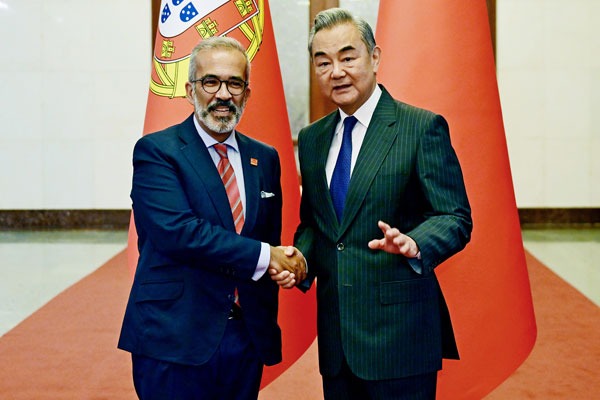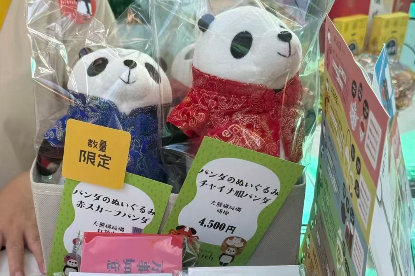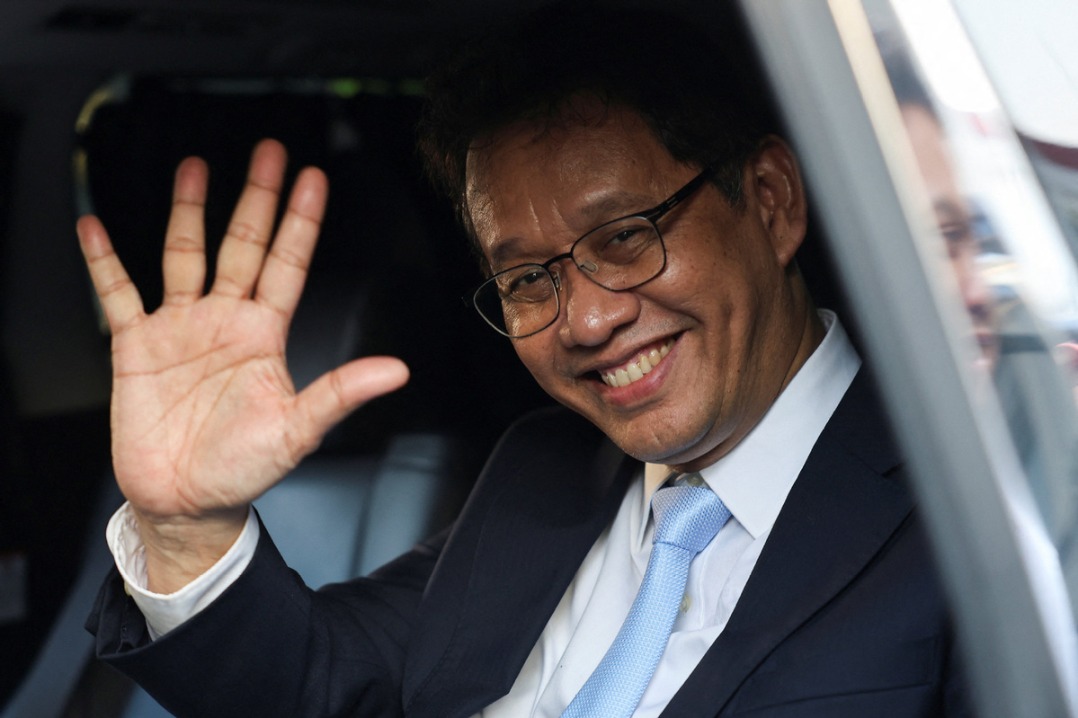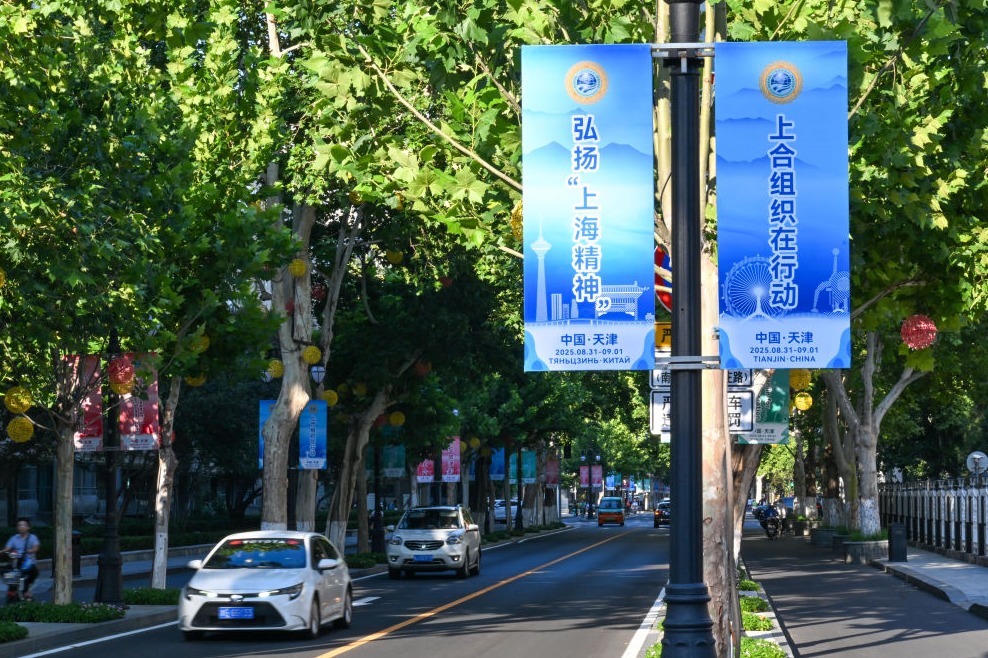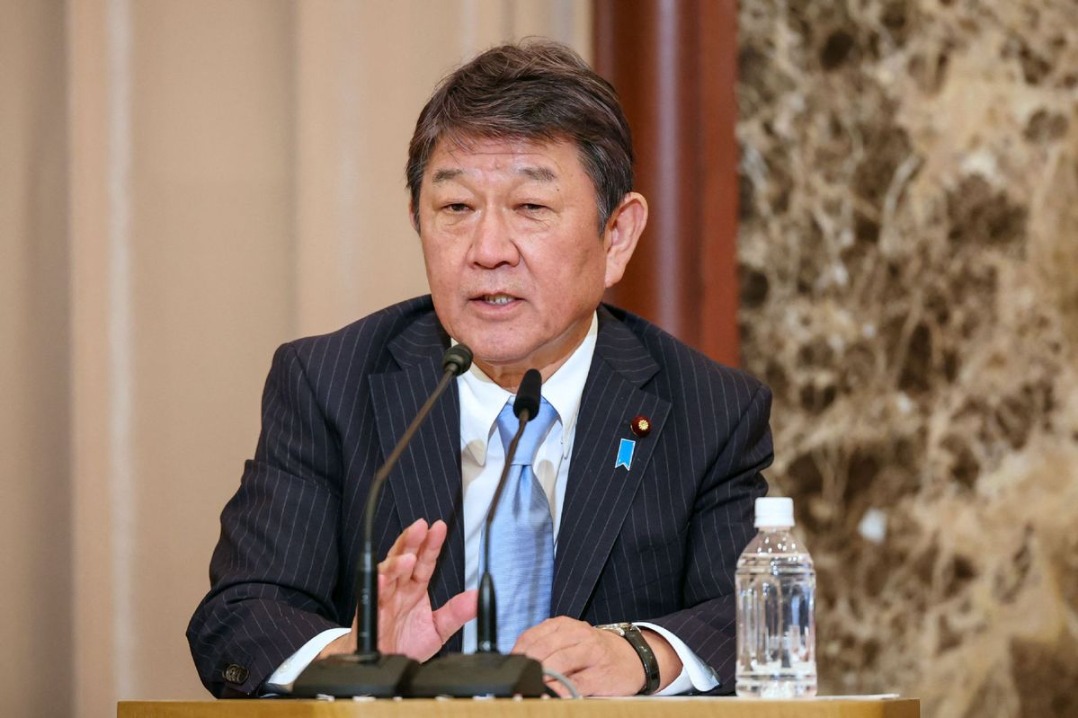China sanctions Japanese lawmaker

China said on Monday that its sanctioning of Japanese lawmaker Hei Seki, also known by his Chinese name Shi Ping, for his "egregious conduct" is a strong punishment and stern warning to individuals like him.
According to a statement issued by the Foreign Ministry, starting on Monday, any property held by Shi within Chinese territory will be frozen, and all Chinese organizations and individuals will be prohibited from engaging in transactions or working with him. Shi and his immediate family members will also be barred from entering China, including Hong Kong and Macao.
"Shi Ping used to be a Chinese national. After he obtained Japanese nationality, he joined those who are anti-China in Japan and has deliberately unleashed disinformation and vilification against China," Foreign Ministry spokesman Lin Jian said at a regular news briefing on Monday.
Born in 1962 in Southwest China's Sichuan province, Shi became a Japanese citizen in 2007 and won a seat to Japan's House of Councillors in July this year as a candidate of the Japan Innovation Party.
According to Lin, Shi has made "egregiously nefarious comments "on Taiwan, the Diaoyu Islands, historic issues, Xizang, Xinjiang and Hong Kong. After being elected, he openly visited and paid respects at the Yasukuni Shrine, which honors war criminals, including 14 convicted Class A criminals.
The spokesman said that what Shi did seriously violated the principles of the four political documents between China and Japan and the one-China principle, gravely interfered in China's internal affairs, and undermined China's sovereignty and territorial integrity.
"Let me point out that Shi Ping, for his selfish agenda, has betrayed his ancestors and conscience by joining anti-China forces in making provocations and troubles," he said.
"China's countermeasures are aimed to warn and hold to account Shi Ping and his kind. There are consequences for such dishonorable deeds," Lin added.
Responding to another issue on Monday, Lin said the United States' inflammatory finger-pointing at Central American countries' exchanges and cooperation with China is entirely groundless and shows Washington's complete lack of respect for Central American countries.
In a statement last week, US Secretary of State Marco Rubio said that Washington was restricting visas for some Central American nationals who it alleged were intentionally acting on behalf of the Communist Party of China to undermine the rule of law in the region.
"Weaponizing visas will not scare off the sober-minded. Nor will it hold back the flourishing ties between China and Central American countries," Lin said.
"China deplores and firmly opposes the US' baseless vilification, coercive diplomacy and blatant interference and sabotage against China's relations with Central American countries," he added.
















